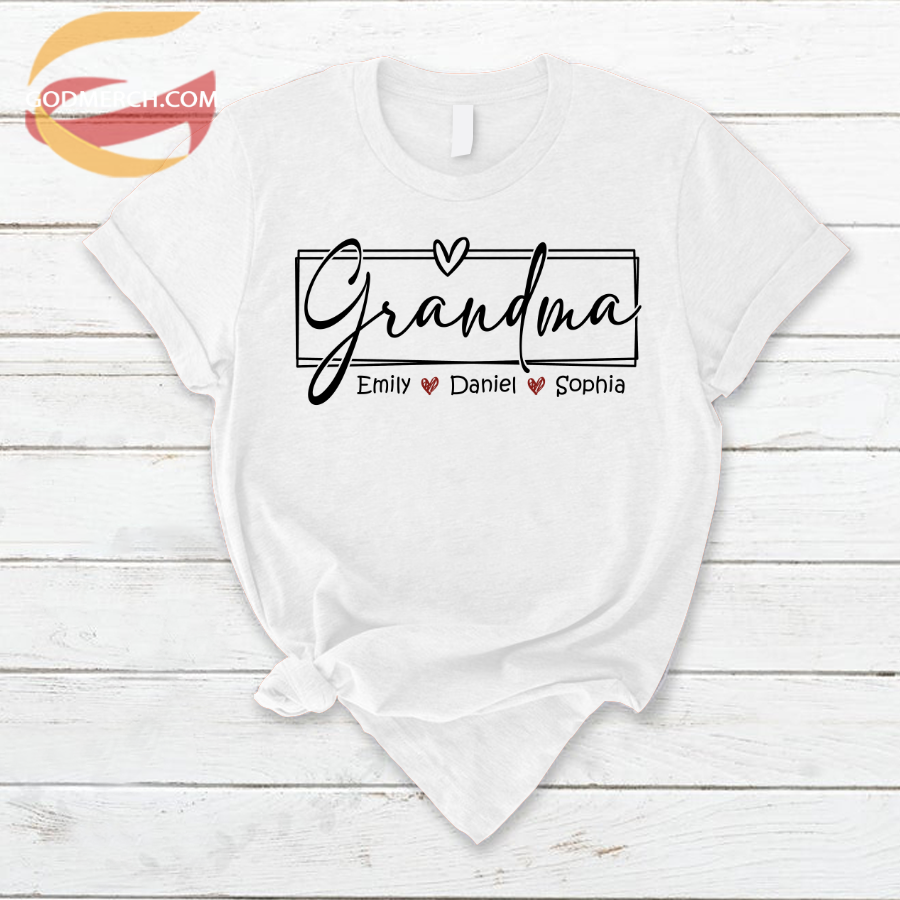T-shirts have become a fundamental element of contemporary fashion, transcending their original purpose and shaping cultural identities across the globe. With their simple design and wide-ranging appeal, t-shirts have evolved into powerful symbols of style, individuality, and social commentary.
From Utility to Fashion Staple
Initially, the t-shirt was designed for utility. Introduced in the late 19th century as an undergarment for workers and soldiers, its practical design provided comfort and breathability. As fashion trends shifted, t-shirts transitioned from being mere functional wear to becoming prominent in casual outfits. The transformation really took off in the mid-20th century, particularly in the United States, where artists, musicians, and everyday individuals began to don them as a statement of style and personality.
The t-shirt’s blank canvas design allows for customization, whether through prints, embroidery, or other creative alterations. This adaptability has enabled it to seamlessly fit into various fashion trends, making it a timeless piece that can be styled in countless ways.
A Medium for Personal Expression
The t-shirt serves as a versatile medium for personal expression. Graphic tees, in particular, allow individuals to share their beliefs, interests, and affiliations openly. Band logos, political slogans, humorous quotes, and artistic designs can easily convey messages about the wearer’s identity or mood. This aspect of t-shirts makes them unique; they reflect personal narratives and societal trends, allowing wearers to connect with others who share similar sentiments.
Moreover, many companies and independent artists leverage t-shirts as a way to promote causes or raise awareness about societal issues. Wearing a t-shirt emblazoned with a social justice message or an environmental slogan can transform an everyday piece of clothing into a vehicle for activism, creating meaningful conversations and fostering a sense of community.
Cultural Significance and Social Commentary
Throughout history, t-shirts have played a pivotal role in cultural movements. From the anti-war protest shirts of the 1960s to the LGBTQ+ pride tees of today, t-shirts have become symbolic of broader societal shifts. They encapsulate moments in time, serving as artifacts of cultural expression and progression.
The rise of social media has further amplified the significance of t-shirts. Influencers and celebrities showcase their personal style through t-shirts, helping to popularize certain designs and trends. Viral moments—such as a politician wearing a specific t-shirt at a rally or a public figure donning a meaningful graphic—can propel the t-shirt into the spotlight, turning it into a cultural phenomenon.
The Intersection of Fashion and Sustainability
As the conversation around fashion’s environmental impact grows louder, the t-shirt industry is also adapting. The demand for sustainable practices has prompted many brands to shift their production methods. Consumers are increasingly seeking t-shirts made from organic materials, produced with minimal environmental impact and fair labor practices.
This focus on sustainability not only addresses environmental concerns but also appeals to a generation of consumers who prioritize ethical considerations in their purchasing decisions. Brands that offer eco-friendly options are finding success in a competitive landscape, reflecting the evolving values of consumers who want their fashion choices to align with their beliefs.
Conclusion
In conclusion, the t-shirt is a remarkable garment that transcends the boundaries of fashion, culture, and social commentary. Its evolution from a simple undergarment to a tool for self-expression and activism highlights its enduring appeal. As fashion continues to evolve, the t-shirt will remain relevant, embodying the spirit of individuality and collective identity. Whether worn casually or as a statement piece, t-shirts will continue to reflect the values and stories of those who wear them, solidifying their place as an essential component of modern wardrobes. The t-shirt isn’t just clothing; it’s a canvas for life’s expressions—a timeless symbol of style, identity, and impact.

